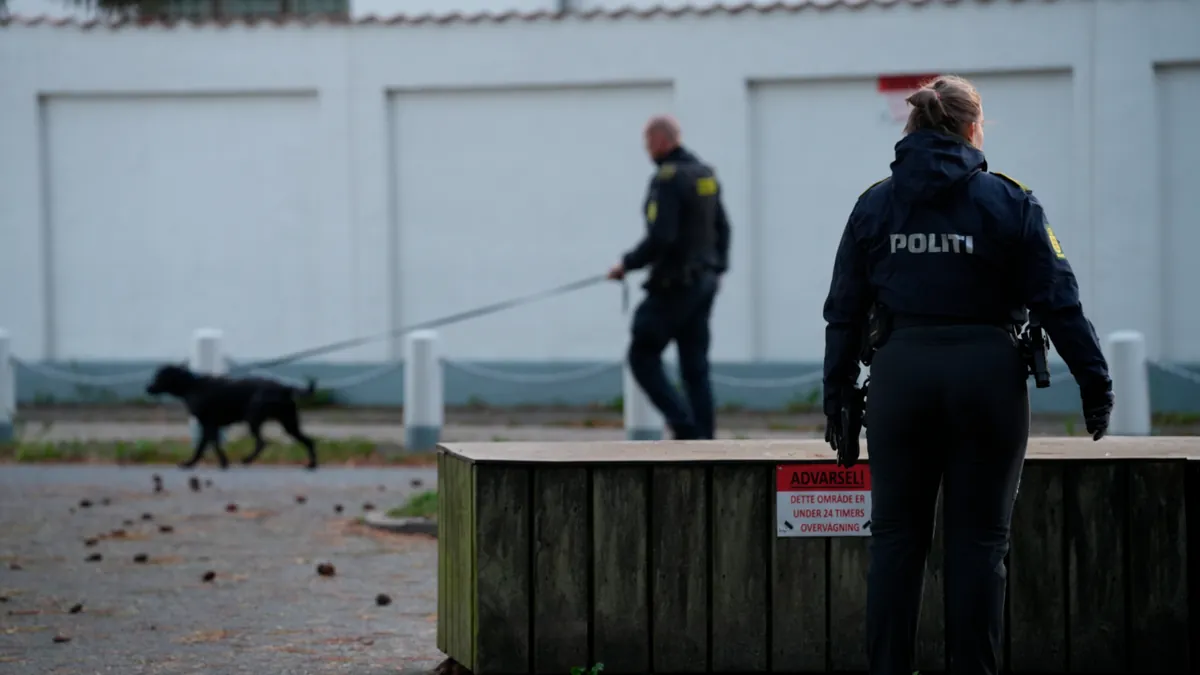Swedish Teens Charged in Copenhagen Grenade Incident Near Israeli Embassy
Two Swedish teenagers face charges for detonating hand grenades near Israel's embassy in Copenhagen. The incident, which caused no injuries, occurs amid heightened Middle East tensions and concerns over cross-border crime.

In a recent incident that has raised concerns about security and cross-border crime, two Swedish teenagers have been charged with possessing and detonating hand grenades near the Israeli embassy in Copenhagen. The event, which occurred on October 2, 2024, has drawn attention to the complex interplay of international tensions and local security challenges.
According to Danish authorities, the suspects, aged 16 and 19, were apprehended at Copenhagen's main railway station shortly after the explosions. A third individual, also 19 years old, was briefly detained but subsequently released following questioning. The identities of the accused remain undisclosed due to a court-mandated publication ban, a measure often employed to protect minors involved in legal proceedings.
The incident resulted in damage to a building in proximity to the Israeli embassy, though fortunately, no injuries were reported. Danish law enforcement is currently investigating whether the diplomatic mission was the intended target of the attack. Hand grenades, which are explosive devices designed for manual throwing, fall under Denmark's strict regulations concerning explosives possession.
This event unfolds against a backdrop of escalating tensions in the Middle East. Over the past year, Israel has been engaged in conflict with Hamas in the Gaza Strip, while also exchanging fire with Hezbollah across its northern border with Lebanon. Adding to the regional instability, Iran launched a missile attack on Israel just a day before the Copenhagen incident.
The case has highlighted ongoing concerns about the spread of organized crime from Sweden to Denmark. In the current year alone, at least ten Swedish nationals have faced charges in Denmark related to attempted murder or weapons possession. This trend underscores the cross-border nature of criminal activities and the challenges faced by law enforcement in the Nordic region.

Swedish authorities have previously reported thwarting several planned attacks linked to Iranian security services, utilizing local criminal networks. However, Iran has consistently denied these allegations, dismissing them as unfounded.
The involvement of teenagers in such a serious incident raises questions about youth radicalization and the factors driving young individuals to engage in potentially violent acts. It also underscores the importance of international cooperation in addressing security threats and preventing the spread of extremist ideologies.
As the investigation continues, this case serves as a reminder of the complex interplay between global geopolitical tensions and local security challenges. It highlights the need for vigilance and cooperation among nations to safeguard diplomatic missions and maintain public safety in an increasingly interconnected world.


































